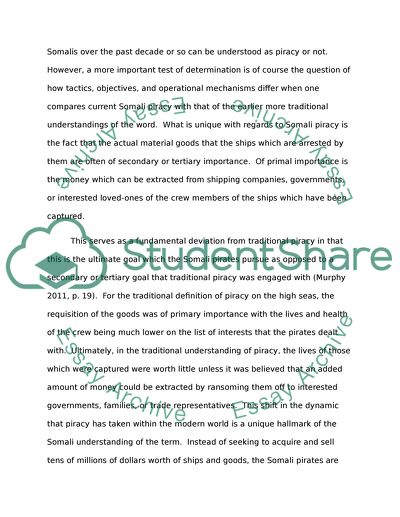Cite this document
(“Discuss the media representation of 'Somalian piracy'. Is 'piracy' an Essay”, n.d.)
Discuss the media representation of 'Somalian piracy'. Is 'piracy' an Essay. Retrieved from https://studentshare.org/history/1467211-discuss-the-media-representation-of-ychsomalian
Discuss the media representation of 'Somalian piracy'. Is 'piracy' an Essay. Retrieved from https://studentshare.org/history/1467211-discuss-the-media-representation-of-ychsomalian
(Discuss the Media Representation of 'Somalian piracy'. Is 'piracy' An Essay)
Discuss the Media Representation of 'Somalian piracy'. Is 'piracy' An Essay. https://studentshare.org/history/1467211-discuss-the-media-representation-of-ychsomalian.
Discuss the Media Representation of 'Somalian piracy'. Is 'piracy' An Essay. https://studentshare.org/history/1467211-discuss-the-media-representation-of-ychsomalian.
“Discuss the Media Representation of 'Somalian piracy'. Is 'piracy' An Essay”, n.d. https://studentshare.org/history/1467211-discuss-the-media-representation-of-ychsomalian.


